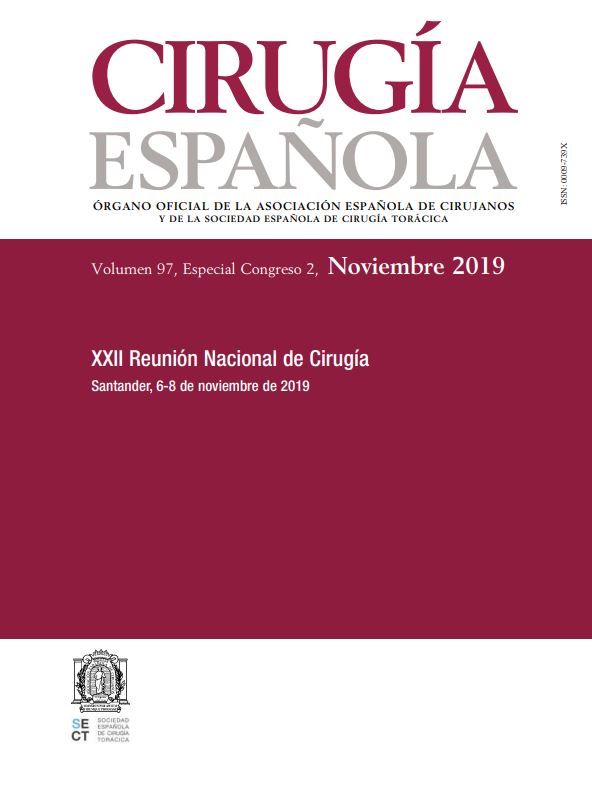P-278 - THE ROLE OF ROBOTIC-ASSISTED PANCREATIC SURGERY: LESSONS LEARNED FROM OUR INITIAL EXPERIENCE
Hospital de Madrid Norte-Sanchinarro, Madrid.
Introduction: Minimally invasive surgery has achieved worldwide acceptance in various fields, however, pancreatic surgery remains one of the most challenging abdominal procedures. In fact, the indication for robotic surgery in pancreatic disease has been controversial. The present study aimed to assess the safety and feasibility of robotic pancreatic resection.
Methods: We retrospectively reviewed our experience of robotic pancreatic resection done in Sanchinarro University Hospital. Clinicopathologic characteristics, and perioperative and postoperative outcomes were recorded and analyzed.
Results: From October 2010 to September 2018, 62 patients underwent robotic-assisted surgery for different pancreatic pathologies. All procedures were performed using the da Vinci robotic system. Of the 62 patients, 35 were male and 27 female. The average age of all patients was 63 years. Operative time was 340 minutes. Among the procedures performed were 18 pancreaticoduodenectomies (PD), 30 distal pancreatectomies (DP), 14 tumor enucleations (TE). The mean hospital stay was 16.6 days in PD group, 8 days in DP group and 8,2 days in TE group. Pancreatic fistula occurred in 11 cases (20%), 2 after PD, 3 after DP, and 5 after TE. Four patients had postoperative transfusion in PD group and one in DP group. Conversion to open laparotomy occurred in four patients (8%). No serious intraoperative complications were observed.
Conclusions: From our early experience, robotic pancreatic surgery is a safe and feasible procedure. Further experience and follow-up are required to confirm the role of robotic approach in pancreatic surgery.








